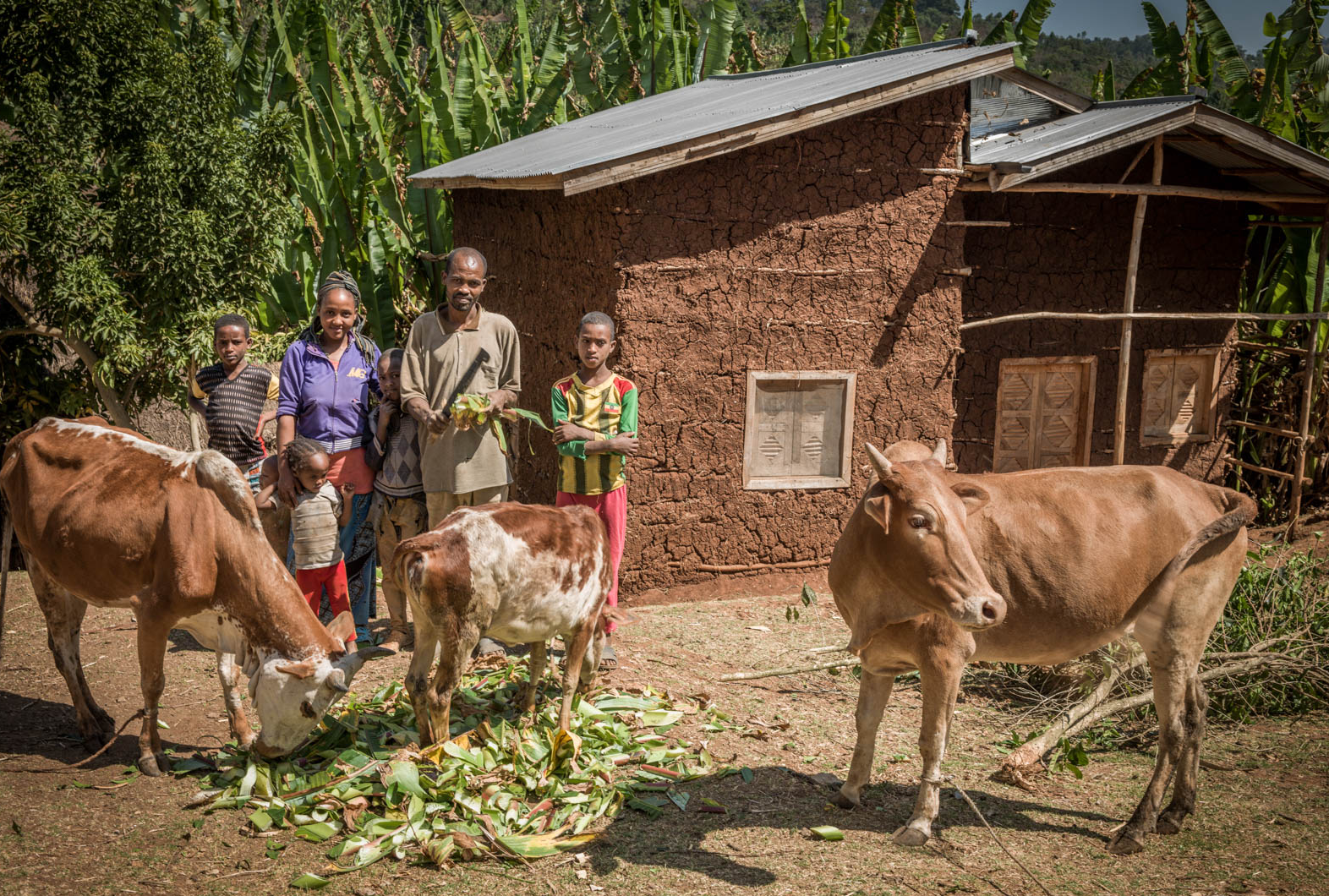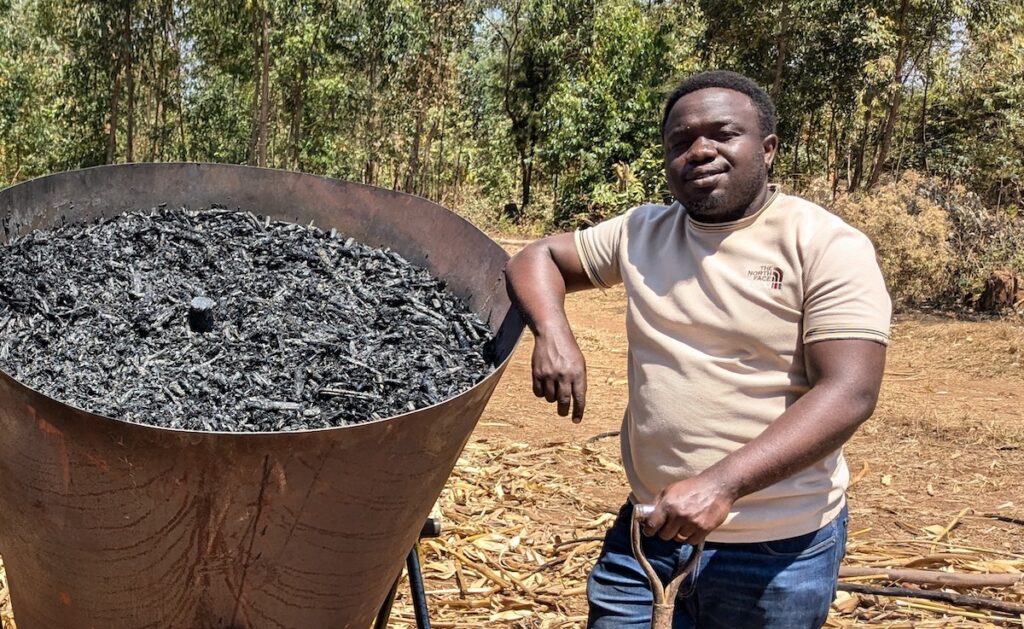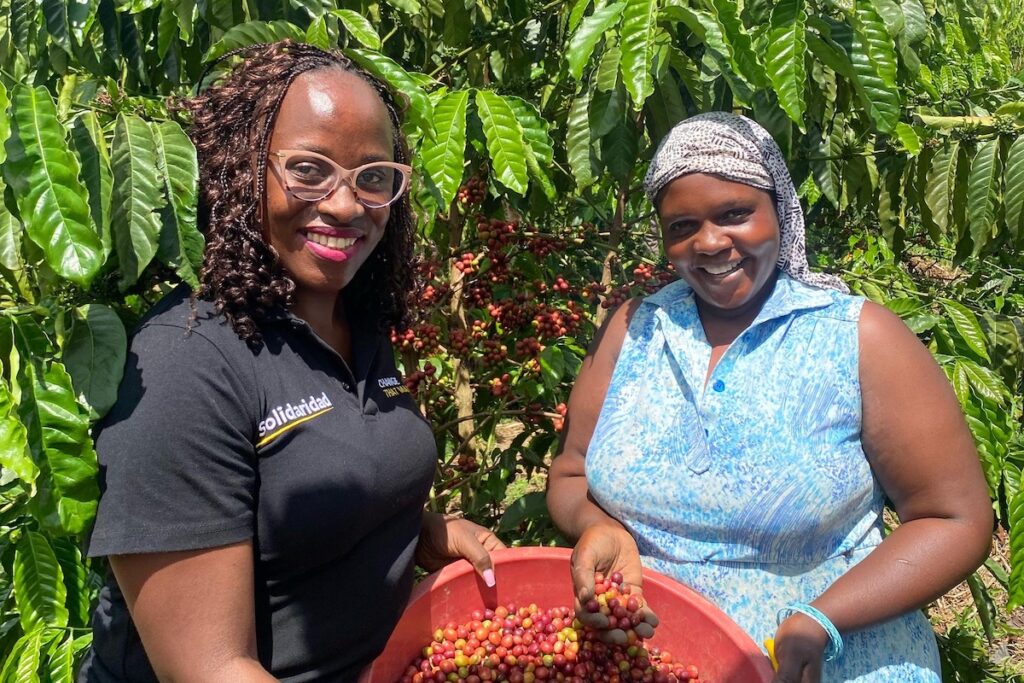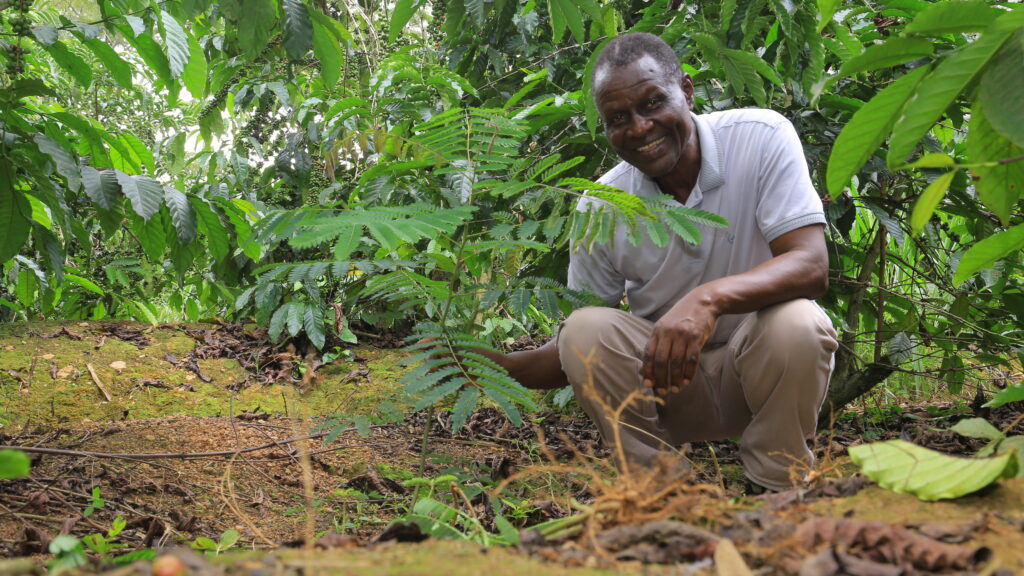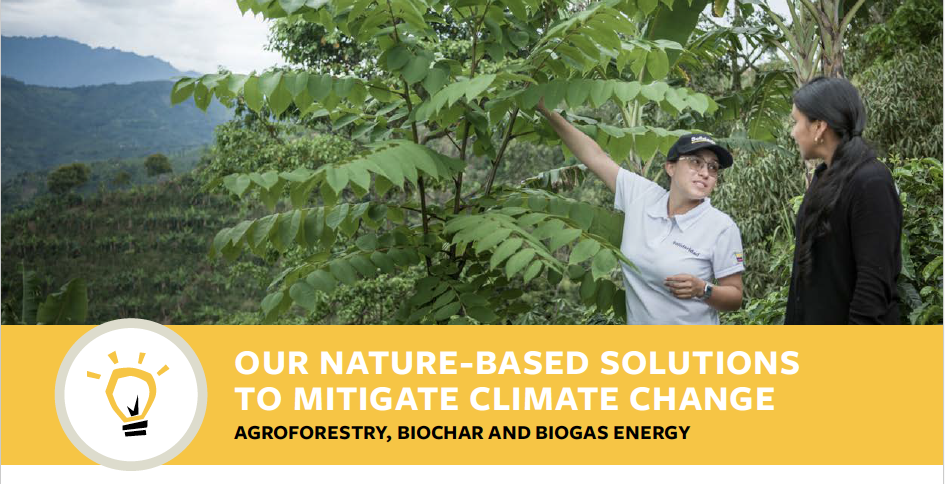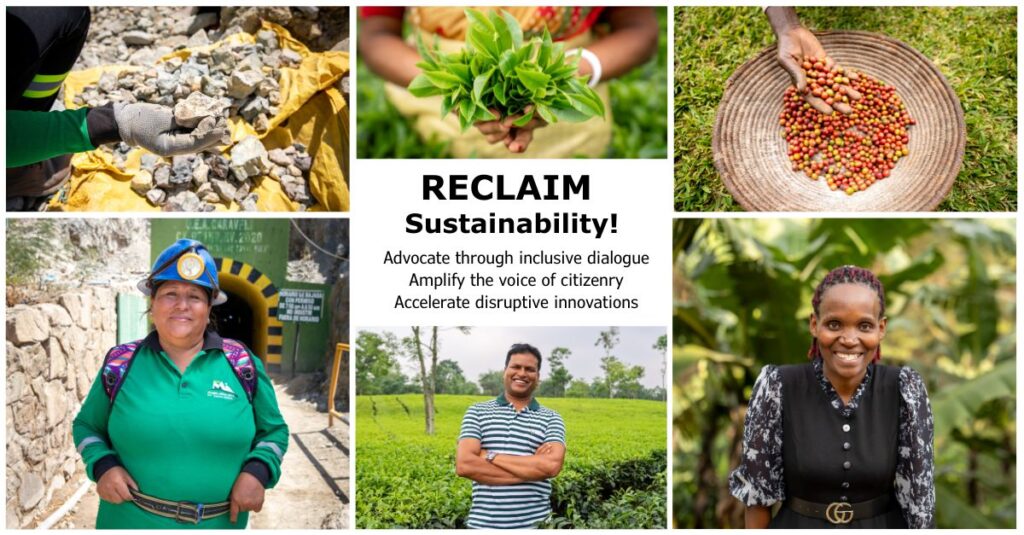Global and regional disruptions to food systems have exposed the vulnerabilities of most African countries. According to the OECD report of 2021, food systems disruptions in the Sahel alone could put over 27.1 million people at risk of hunger. African food systems are under pressure from several factors:
- First, the growing population with an estimated annual growth rate of 2.4%, among the fastest growth rates globally.
- Second, the changing climate that has affected productivity by reducing the quality and quantity of agricultural produce.
- Third, the low productivity associated with the low access to equitable value chains, which is really stifling rural livelihoods.
Rapid urbanization is another emerging threat to food systems, the growing middle class as well as shifts in lifestyles, which are changing diet preferences, and pushing demand for meat and dairy. The OECD report sums the above as the triple challenge of food systems attributed to food and nutrition security demands, need for achieving sustainable livelihoods and environmental sustainability.
Externalities in agriculture, such as the Covid-19 pandemic and desert locust invasions, trigger socio-economic costs and further expose the fragility in African food systems. For instance, as a result of Covid-19, there was an overall continental supply shock affecting domestic and intra-African food trade, (OECD, 2021). A report by FAO on the impacts of Covid-19 on agri-food systems , revealed that the measures that have been put in place to control or mitigate the impacts of the global pandemic, and the resultant economic recession have worsened the food and security situation in sub-Saharan Africa. Moreover, the desert locusts invasion disrupted local agricultural production, in the year 2019; over 175,000 ha of cropland and pasture lands were affected putting over 165,000 households at risk of food insecurity.
Such disruptions have led to increased food importation in Africa, increasing the food security burden on the GDP. This further exacerbates the burden for the continent which was already experiencing a food crisis, by 2017, even before the double crisis of Covid-19 and locusts. Furthermore, Africa’s annual imports stood at US$ 35 billion and were estimated to rise to US$ 110 billion by 2025, these figures are bound to increase as a result of the emerging food systems disruptions.
The “triple challenge” to food systems requires a transformation where production and trade systems recognize the inherent challenges of African agriculture. High-external inputs, resource-intensive production systems have resulted in massive deforestation, water scarcity, biodiversity loss, soil depletion and high levels of greenhouse gas emissions.
Moreover, access to quality agri-inputs in many African countries remains limited and costly – especially for smallholder farmers who have to travel longer distances to access agricultural supplies.
Although Africa has large areas of arable land, land tenure remains a significant challenge, especially for female smallholder farmers who do not always have access to equal land rights. In addition, processing and post-harvest capacities for both food and cash crops remain low, reducing the value of Africa’s agriculture. Lack of access to finance and enabling policies also limit increased production. All these factors, in turn, exacerbate the more entrenched crisis – the hunger crisis. Therefore, local food production is characterized by “low inputs, low outputs,” with smallholder farmers highly vulnerable to shocks. But the bottom line has two sides: if food systems are part of the problem, they should also be part of the solution.
If Food Systems are Part of the Problem, They Should Also be Part of the Solution
A sustainable food system is critical for the survival of millions of households and communities in Africa. A sustainable food system should embody the full food supply chain relative to human consumption, from agricultural activities and other production practices, through to handling, transportation, storage, processing, distribution, consumption, waste management, and recycling/disposal.
Sustainable food systems deliver ripple effects in realizing the sustainable development goals (SDGs), for instance agroecology as a sustainable food systems practice contributes positively to 10 out of 17 SDGs, such as SDG 1 No poverty, SDG 2 Zero hunger, SDG 3 Good health and well being, SDG 4 Quality education, SDG 5 Gender equality, SDG 6 Clean water and sanitation, SDG 8 Decent and economic growth, SDG 12 Responsible consumption and production, SDG 13 Climate action and SDG15 Life on land.
Achieving sustainable food systems requires a multi-stakeholder approach, where all parties agree on pathways towards sustaining production while maintaining the natural balance and guaranteeing present and future generations a livelihood.
In September 2021, the United Nations will convene the Food Systems Summit in New York to facilitate guided discussions on how to transform the world’s production and consumption of food. The summit will focus on five priority areas: i) access to safe and nutritious food; ii) shifting to sustainable consumption patterns; iii) boosting nature-positive production at scale; iv) advancing equitable livelihoods; and v) building resilience to vulnerabilities, shocks and stress. We are hopeful that this summit will catalyse more action by key stakeholders towards healthy and sustainable food choices, while addressing the inherent opportunities of a green revolution and circular economy in Africa.
Agroecology for Sustainable Food Systems
Agroecology is one of the approaches required for the management of sustainable food systems. The approach appreciates the complexity of agro ecosystems and considers the relationship between agriculture, culture, and society. Diversified agro ecological systems have proven to be more resilient to the changing global climatic conditions (Leippert et al., 2020).
According to Hans Herren, president of Biovision and champion of agroecology in Africa, diversified traditional farming systems centred on agro biodiversity and agroecology exhibits higher productivity in the long run than conventional agricultural methods. As a concept, agroecology redesigns food systems to apply ecological and social perspectives. It promotes bottom-up territorial processes that contextualise local problems necessary to redesign food systems towards a sustainable future . A significant aspect of agroecology is that it involves knowledge co-creation where traditional knowledge is integrated – to ensure ‘indigenisation’ of food systems, as well as empowering producers and local communities as agents of change.
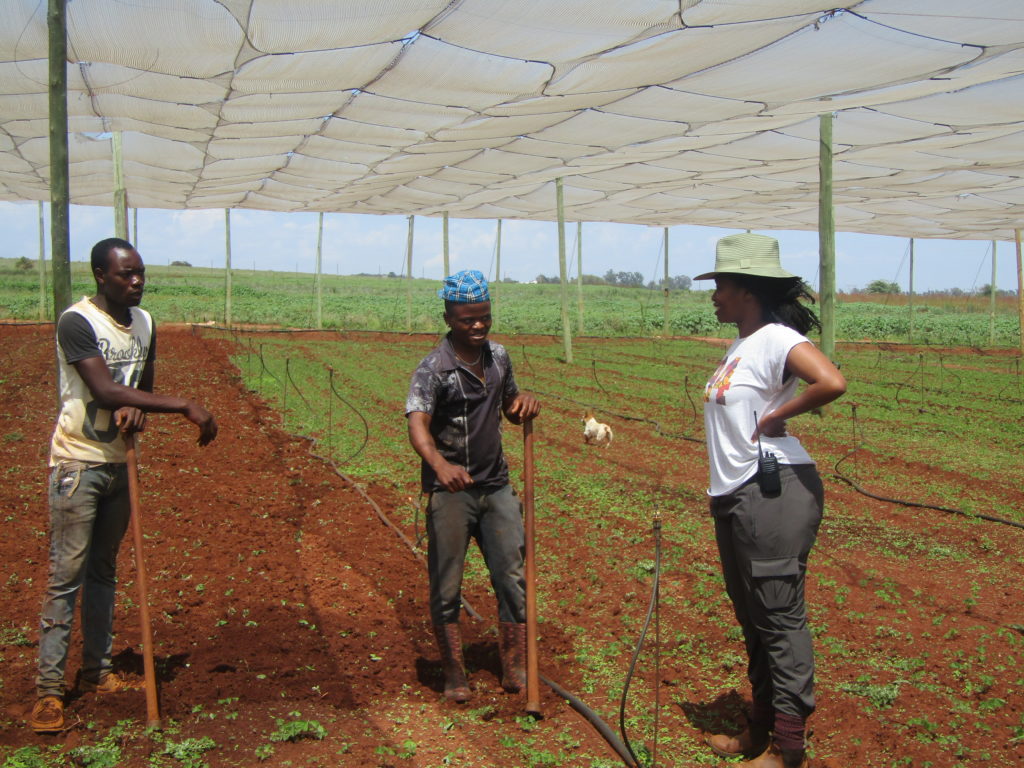
Horticultural markets improve livelihoods
The “Smallholder Access to High-Value Horticultural Markets” project, funded by the European Union under the Switch Africa Green facility, helped emerging farmers access high-value markets in South Africa and obtain certification under localg.a.p.
With agroecology, we can foster sustainable practices from farm-to-fork to achieve ecological, economic, and social sustainability. It has been regarded as a countermeasure to the high input and output focused conventional agriculture, which has proved unsustainable and insufficient to eradicate hunger and poverty, especially in the most vulnerable parts of the world – like Africa where it is most needed. It promotes an innovative food systems approach that can drive resource-efficiency and foster productive agricultural systems that are resilient to climate change, while giving new opportunities for local value addition, business development, and stable markets.
A review of key agroecology projects/initiatives by Biovision foundation in Africa showed a significant focus on field implementation with little focus on policy change . From the Solidaridad East, Central and Southern Africa project portfolio, an overall assessment of commodity-level best practices showed more focus on farm-level activities that entailed agroforestry, as well as circularity where composting and organic manure were commonly used across farms. The analysis, however, revealed limited private sector participation in agroecology based supply chain actions. Furthermore, activities on agroecology at the farm level are hardly connected to country-level policy processes. A lack of policy coherence has been cited as a reason for the under-investment in Africa’s agricultural transformation towards agroecology and other sustainable agriculture approaches.
The launch of the “Scale Up agroecology Initiative” by Food and Agriculture Organization of the United Nations (FAO) saw a strong call for various stakeholders ranging from national governments, UN Organizations, civil society organizations, development partners, private sector, farmers and end-users to engage in deliberate and strategic actions to further support and scale-up agroecology . Scaling up agroecology requires catalytic actions that ensure a move from concepts to action, a process that could entail detailed profiling of successful practices and replicating those with a positive impact on food systems.
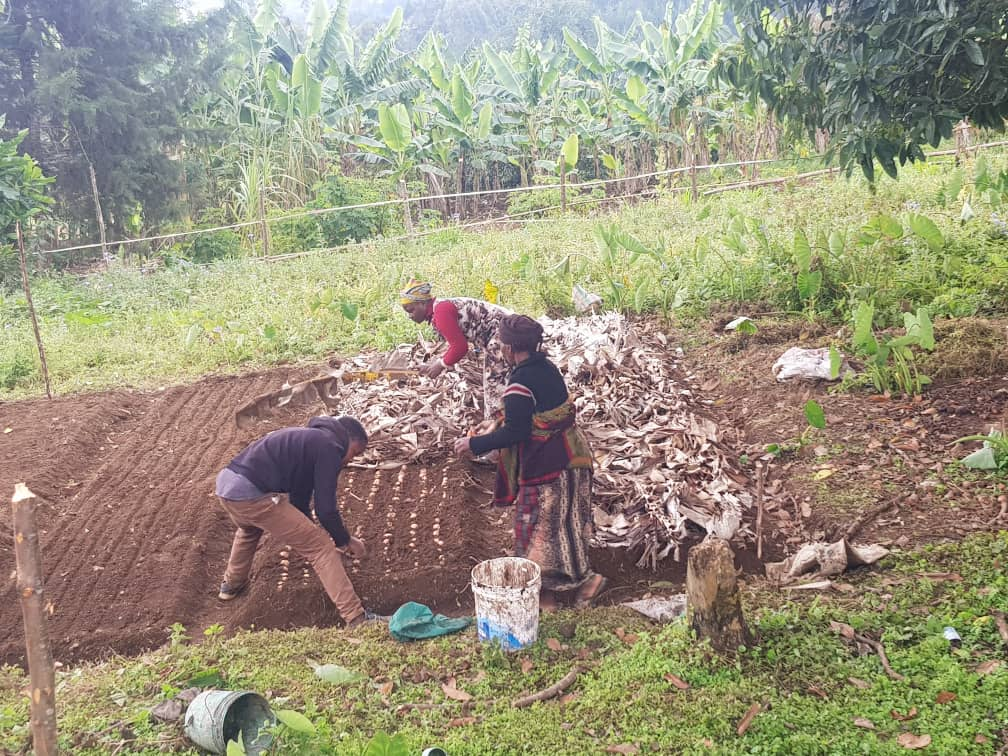
The business case for agroecology also needs to be clear with incentives and rewards to encourage and foster a supporting business ecosystem for the private sector. Policies will also be critical in the scale up of agroecology from the national level as they will provide guidelines on the implementation of agroecology and constitute a promising and easy pathway. The commodity sector has embraced certifications and voluntary standards as a pathway to sustainability in supply chains – therefore FAO’s 13 principles of agroecology could provide a critical entry point for integrating agroecology in existing and emerging standards. African countries will also require strong multi-stakeholder engagements to facilitate evidence and information sharing from national to community level and vice versa so as to scale up best practices while influencing policy action on agroecology.
Agroecology – Delivering Triple Wins
In principle, agroecology can attain ‘triple wins’ to guarantee sustainable food systems, in agriculture through increased agricultural productivity while contributing to the community and agro ecosystems resilience. There is, therefore, a need for innovative steps to be taken to ensure Africa transforms its food systems. This will require a paradigm shift in the practice of agriculture across the value chain, localisation of the food system, and a change in the market systems to meet the needs of the hungry communities while restoring the ecosystems from which such food systems depend on.

